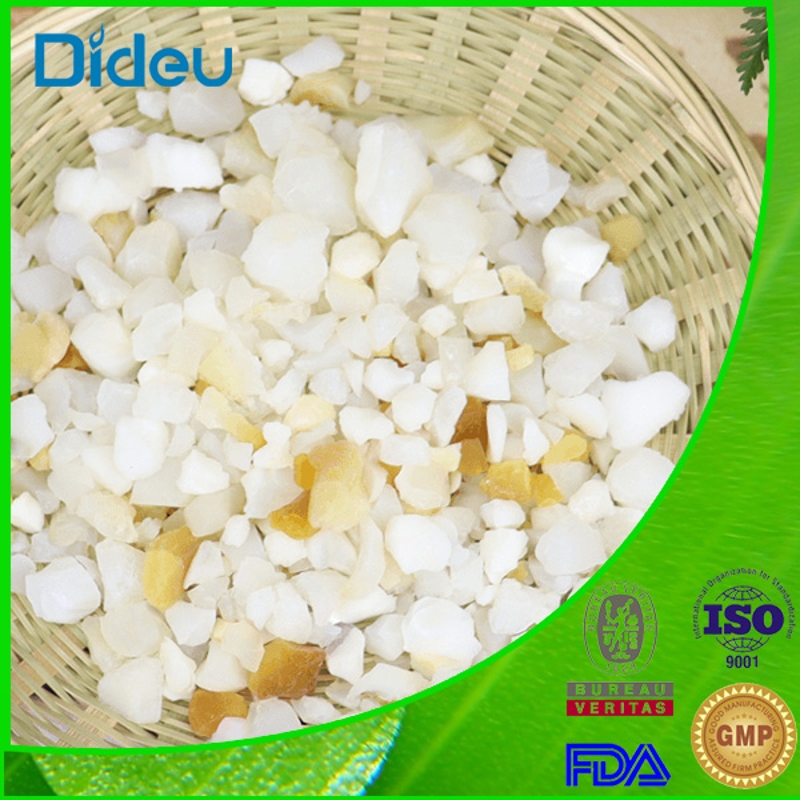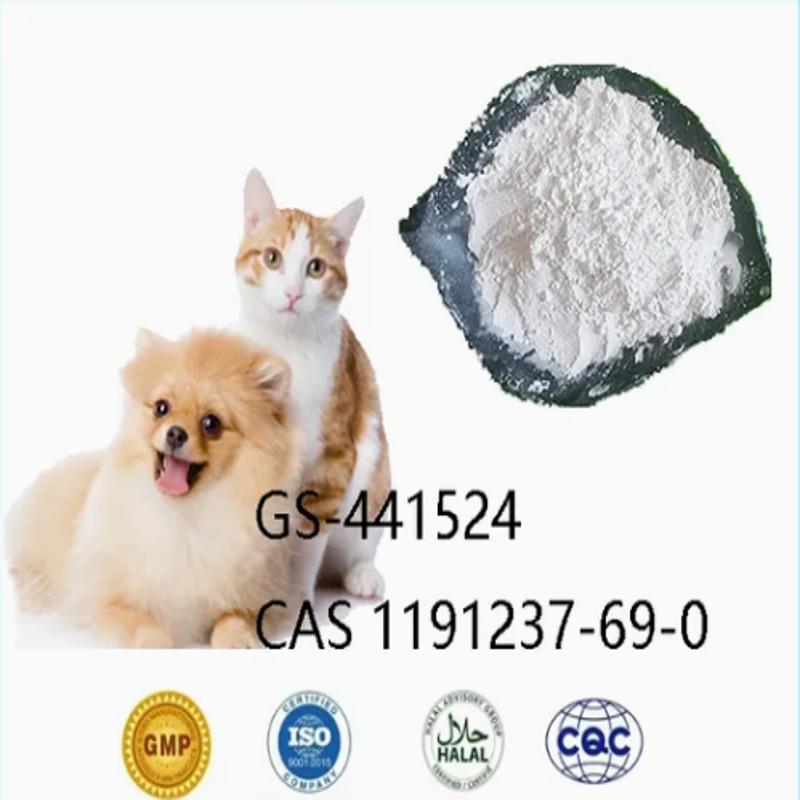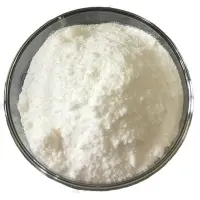-
Categories
-
Pharmaceutical Intermediates
-
Active Pharmaceutical Ingredients
-
Food Additives
- Industrial Coatings
- Agrochemicals
- Dyes and Pigments
- Surfactant
- Flavors and Fragrances
- Chemical Reagents
- Catalyst and Auxiliary
- Natural Products
- Inorganic Chemistry
-
Organic Chemistry
-
Biochemical Engineering
- Analytical Chemistry
-
Cosmetic Ingredient
- Water Treatment Chemical
-
Pharmaceutical Intermediates
Promotion
ECHEMI Mall
Wholesale
Weekly Price
Exhibition
News
-
Trade Service
▎Editor of WuXi AppTec Content Team On May 26, 2021, Professor Shi Yi from the University of Pittsburgh School of Medicine (UPMC) and a collaborator at the Center for Vaccine Research of the University of Pittsburgh published an article in Science Advances, showing a A nanobody-based anti-coronavirus (SARS-CoV-2) spray therapy.
In hamster experiments, this spray can prevent severe symptoms caused by new coronavirus infection.
According to the researchers, "this is the first time that Nanobody spray has been successfully treated in a preclinical animal model with an ultra-low dose (only 0.
2mg/kg) for the treatment of neocoronavirus infection.
"
Previously, Professor Shi Yi led his laboratory members Xiang Yufei and Sang Zhe to publish a paper in the journal Science, introducing them to quickly discover and study more than 8,000 high-affinity SARS-CoV- 2 Nanobodies.
The Nanobody is similar to a monoclonal antibody, but is smaller, more stable and cheaper to produce.
Through design, the researchers made one of the Nanobodies (Nb21) with the best virus neutralization ability into the form of a trimer to further enhance its antiviral activity.
In cooperation with Dr.
Doug Reed, a nebulization expert, the researchers developed an inhalable nebulizer of this nanobody and named it Pittsburgh Inhalable Nanobody-21 (PiN-21), which is the most recognized so far.
Effective anti-viral nanobody.
▲Related reading: "Science" reported that the new crown "cute face killer": super antibodies can quickly neutralize the virus (picture source: 123RF) Researchers used PiN-21 to hamsters by spraying to test this new type The efficacy of antibodies to prevent and treat new crown infections.
The results showed that the hamsters in the placebo group lost up to 16% of their body weight within one week of infection, which is equivalent to an average adult losing about 20 pounds a week; while the hamsters that inhaled low-dose aerosolizable nanoantibodies did not appear to be related to severe new crowns.
Infection-related symptoms, the number of virus particles in the nose, throat, and lungs of hamsters has been reduced by a million times, and there are no physiological changes in the lungs, which prevents related inflammation.
Professor Shi Yi pointed out: “By using spray therapy that can directly act on the infected area (respiratory tract and lung), we can make the treatment more efficient.
Our data shows that PiN-21 can have a strong protective effect on severe COVID19, and It has the potential to prevent the spread of the virus.
We are very excited and encouraged by this.
"Image source: 123RF Since PiN-21 is made into an inhalable spray, there is no need for needle injection when using it.
In order to provide treatment through aerosolization, researchers must overcome a series of technical difficulties: the small-particle aerosol must be able to penetrate deep into the lungs, the aerosolized particles must be small enough to avoid coagulation, and they must be strong enough to withstand The extreme pressure must eventually be suspended in the air.
The PiN-21 Nanobody is about three times smaller than a typical monoclonal antibody and has extremely high stability.
These characteristics make it perfect for this treatment.
The production cost of Nanobodies is extremely low, and can be quickly and mass-produced to deal with changing viruses.
The researchers pointed out that nanobodies and vaccines can complement each other.
Massive use of vaccines is still the best tool to stop the virus from spreading from person to person, but nanobodies are very useful for treating people who are already sick and cannot be vaccinated for other medical reasons.
"Aerosolization can also be more convenient for daily applications.
At the same time, due to the low dose required and the high safety of Nanobodies in clinical trials, there is no need to worry about Nanobodies causing serious side effects in the human body.
" The researchers added Say.
The positive results shown in the current early preclinical data, coupled with the researchers' extensive knowledge of the rapid discovery of high-quality nanobodies, indicate that this method can provide a convenient and cost-effective treatment option for the control of the coronavirus pandemic.
Of course, before PiN-21 enters clinical trials, further preclinical trials are needed, including safety testing in non-human primates.
We look forward to hearing more positive news.
Reference [1] Sham Nambulli et al.
, (2021) Inhalable Nanobody (PiN-21) prevents and treats SARS-CoV-2 infections in Syrian hamsters at ultra-low doses.
Science Advances DOI: 10.
1126/sciadv.
abh0319







